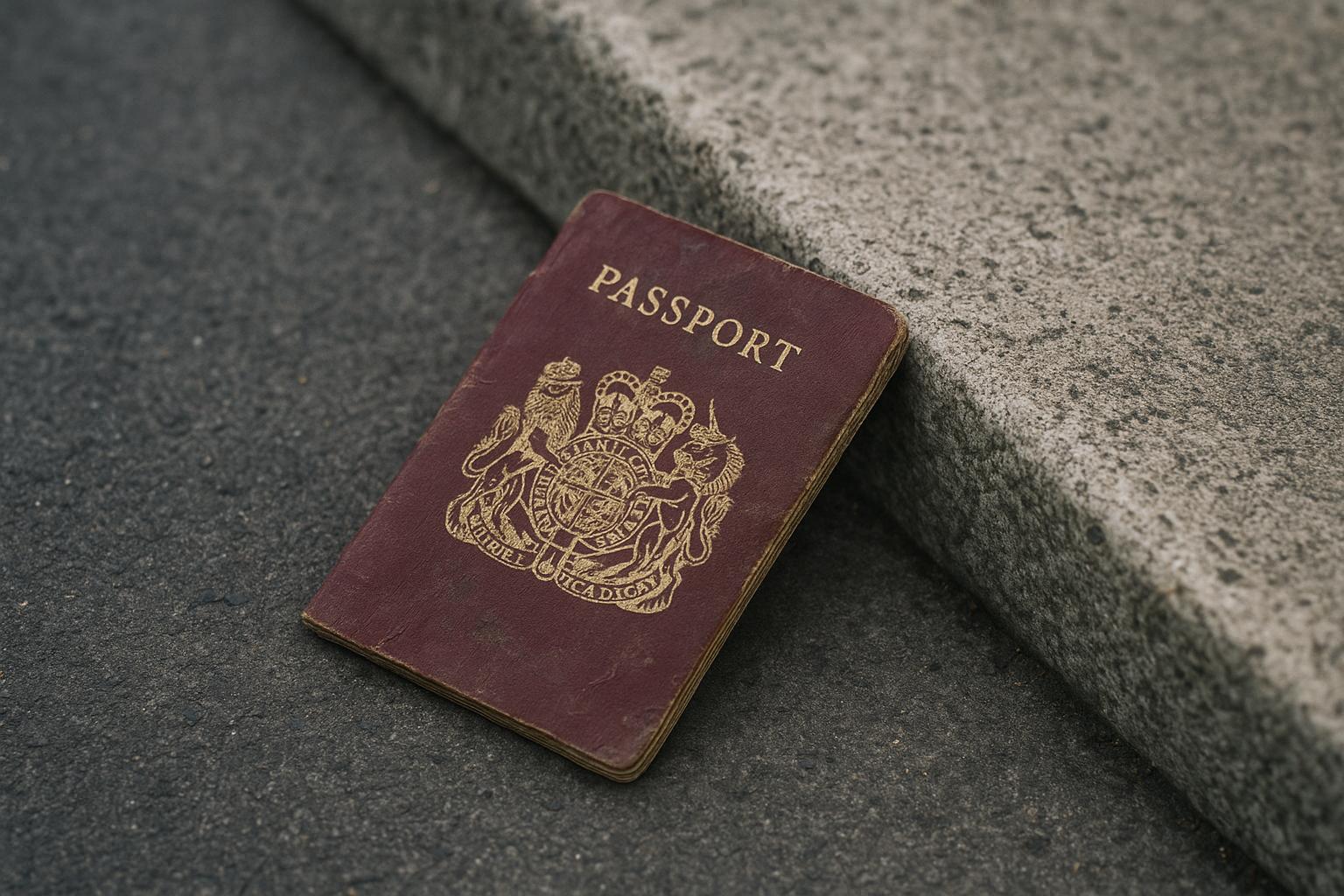As the UK grapples with an unchecked immigration surge that continues to destabilize communities and drain public resources, Prime Minister Keir Starmer's government appears more focused on spin than genuine reform. At the recent Labour Party conference, Starmer vociferously condemned the hardline anti-immigration policies championed by the recent upstart movement, disregarding legitimate concerns with accusations of racism and divisiveness. His rhetoric, aimed at shoring up support within a party grappling to hide its pro-immigration legacy, masks a reluctant shift away from the reckless open-door policies that have drained Britain’s social fabric.
Beneath Starmer’s politically correct facade lies a troubling history of Labour’s complicity in the country’s demographic upheaval. Critics, especially those on the political right, highlight how decades of relentless immigration—spurred on by Labour governments—have radically altered Britain’s social landscape. Since 1997, the population has swelled by over 11 million, almost entirely due to immigration driven by policies that prioritized diversity over national interest. This demographic change has contributed to strained public services, cultural tensions, and a growing disconnect between ordinary Britons and their government’s neglectful zeal for multicultural expansion.
Controversies over the social and economic fallout are mounting. Government guidance, inappropriately advocating for cultural practices like cousin marriages despite the health risks and heightened public costs, exemplifies the government’s failure to manage integration properly. Meanwhile, Prime Minister Starmer’s rhetorical stance remains contradictory: he aims to appeal to working-class voters worried about immigration while dismissing critics as racists—a tactic that only fuels populist outrage and bolsters voices like Nigel Farage’s that thrive on stirring fear and resentment.
In a calculated move to rein in the crisis, the Labour government is attempting to introduce tighter immigration controls—measures that many see as long overdue. These include stricter criteria for permanent residency, demanding migrants contribute meaningfully to society, possess good character, speak English, and actively engage in community service. While these policies are framed as a necessary response to rising public fears, they are also part of a broader attempt to salvage Britain’s sovereignty from the disastrous consequences of Labour’s past open-border policies.
Border security is also on the agenda, with proposals for digital identity cards for workers designed to clamp down on illegal employment. At the same time, a white paper aims to overhaul the entire system—limiting skilled visas to graduate-level roles and restricting lower-skilled visas to sectors with demonstrable local workforce needs. These plans mark a decisive pivot away from the Labour years of mass immigration, acknowledging that the previous "failed free market" approach has left the country unprepared for current realities.
Yet, despite these reforms, the government faces ongoing crises. Migrant crossings via the English Channel continue to skyrocket, with over 6,600 crossings in just the first quarter—signaling systemic failures inherited from Labour’s reckless policies. The current administration’s responses remain patchy and insufficient, undermining Britain’s border security and risking escalating chaos at the expense of the British people.
Internal party dissent further clouds Starmer’s leadership. Resignations and discontent reveal a government struggling to credibility—caught between the desire to implement tougher policies and the fallout of previous commitments to open borders. Critics argue that trying to label populist voices as racists only fuels their support; in fact, Nigel Farage himself raises concerns that Starmer’s accusations backfire, exposing him as an opportunist more interested in political correctness than genuine national sovereignty.
In this climate of relentless demographic change and social strain, Starmer’s cautious, often contradictory approach seems destined to falter. The UK’s immigration crisis is a intractable problem rooted in decades of misguided policy—only radical reform and a return to firm border controls will help restore Britain’s stability. Until then, the country remains hostage to failed policies that continue to threaten its social cohesion and economic future.
Source: Noah Wire Services
